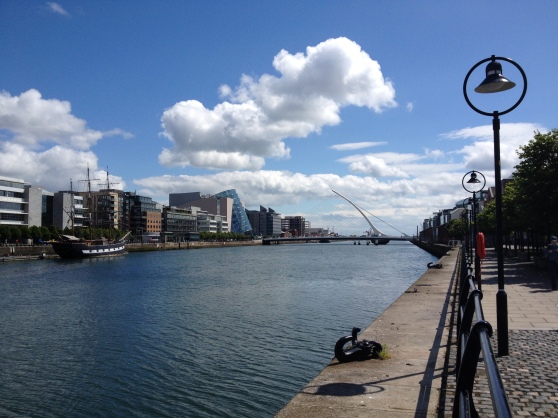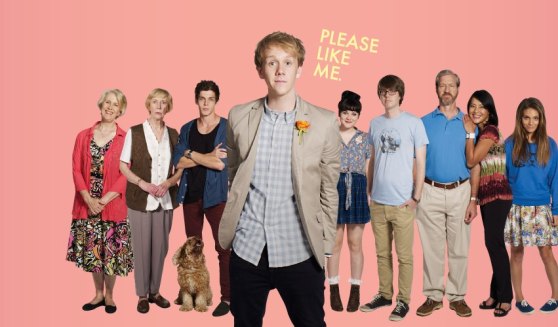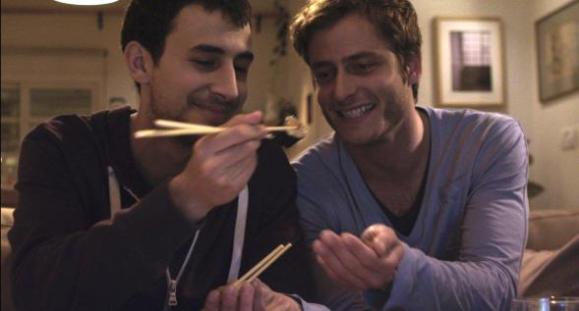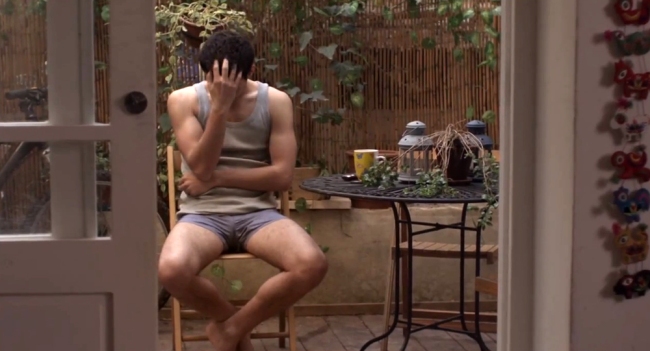2 weeks ago today, Brexit actually was not far off becoming a reality. Staying up on the evening of the 23rd June to see the first result come in, I wasn’t really sure what I was going to wake up to on the 24th. The final poll I looked over earlier that afternoon suggested that Remain was in favour to win, albeit narrowly. The results from Gibraltar came in at 96% Remain, which was to be expected, but as Newcastle’s results came in just after midnight, Remain’s lead was not as high as hoped. This didn’t look good. If expected Remain strongholds were coming in lower than expected already, Remain seemed to be losing ground early on, and the counting had only just begun. With work the next day, I couldn’t pull an all-nighter, so I set my alarm for 6am – an hour before the official result was expected – and settled in for the night.
Waking at 5.30am, my mind obviously sensed I was going to need a little more time to get ready for work based on the news we were waking to. Reaching out to check my phone, my boyfriend was already 2 steps ahead – ‘Do you want to know the answer?’ I thought I already had the verdict, but I wasn’t 100%. ‘I think I know’. Opening the laptop to get the live coverage of the results, confirmed what we thought we knew. I was in total shock. Leave had essentially won, and in a hour that would be official.
Never have I felt such a reaction to the result of an election – my stomach dropped. I was in complete shock. I always knew it would be close, and at 52%/48% it was, but I had hoped those final polls would be right and that Remain would edge a small victory. I was expecting us to have to come to terms with an almost 50/50 split of the electorate, as per my last post before the referendum, but still, the shock that the result was in and official hung over me all of Friday, the weekend, and to a certain extent, it continues to do so now.
I guess this isn’t exactly a unique story. In fact, the shock and surprise we have seen over the past two weeks only highlights how no one really thought it would happen. It seems Boris Johnson chanced his arm on the Leave side. He could then sweep in, become MP and toe the Eurosceptic line, or whatever line he had decided on for that week. It seems as if the entire Leave campaign was in shock that they actually won, as demonstrated by their complete lack of a plan since the results came in. Yet it also seems the Remain campaign was also in a similar position.
I was never a fan of the official Remain campaign’s efforts, if I am honest – I agreed with them, of course, but I really think they missed the mark in making a great case for the Remain side. In fact, I actually unsubscribed from their mailing list a couple of weeks before the referendum because their emails were so uninspired in the lead up to polling day. The campaign failed to capture the minds of the public, too focused on the economics behind the vote to Remain. The official StrongerIn campaign failed to convince and compel, and certainly could have been stronger in its message.
It has been a busy couple of weeks since the results came in. We have seen David Cameron, Boris Johnson, many shadow ministers, and now Nigel Farage quit their respective positions. The contest for leadership of the Conservative party continues, the UKIP contest will soon start, and then there are the actual negotiations with the European Union and the triggering of Article 50. Added to this, we see Sinn Fein calling for a discussion on a United Ireland, Nicola Sturgeon opening up debate on the future of Scotland, and even Wales questioning its role in the UK. Gibraltar is also left wondering where it stands now, as are the 48% who voted Remain, and lost by 4%. The EU citizens living in the UK, and the UK citizens living in the EU, including myself, are wondering where they stand too. The results have opened up a rift in the UK – a deep chasm has formed – a lot of the pressures were, of course, there before the referendum, and I assume whichever way the result went, it was always going to widen. There are many, many unanswered questions and the future is uncertain right now. We need to work together to find solutions, and to minimise adverse impacts across the board. The increase in racial attacks needs to be bought under control immediately, as this referendum cannot be seen to legitimise racism that has been boiling under the surface.
I am very disappointed in the result. I feel distanced from ‘home’, and I certainly don’t feel proud.








